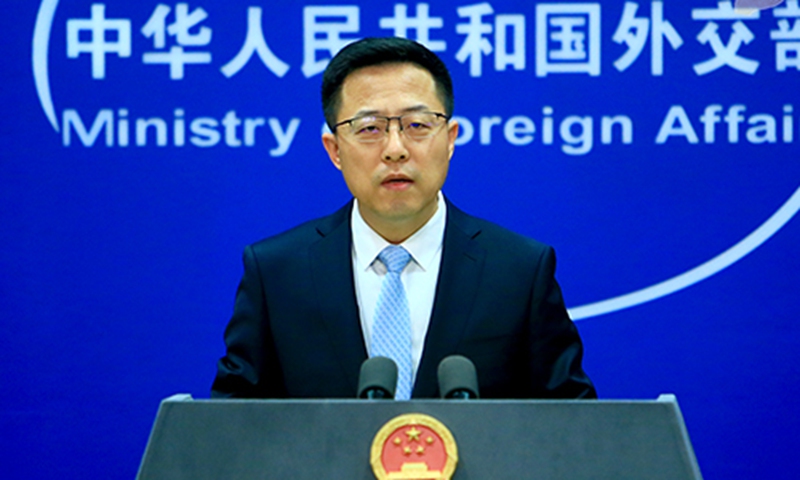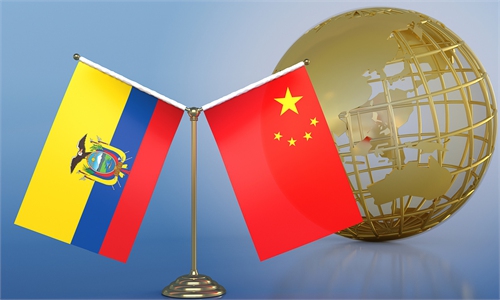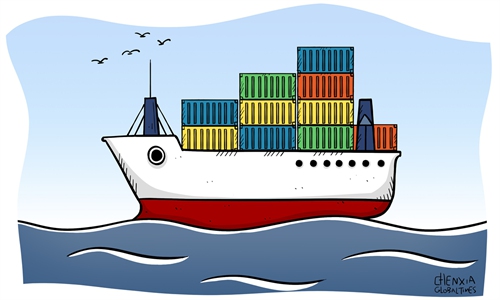
Chinese Foreign Ministry spokesperson Zhao Lijian Photo: fmprc.gov.cn
China's Foreign Ministry said on Wednesday that the country's dynamic and resilient economy has been playing a positive role in stabilizing the global supply chain and promoting the recovery of the global economy.
The response after some media outlets asked the ministry's comment on the vital growth of China's foreign trade in 2021, while China became world's second largest consumer market for commodities during a regular press conference on Wednesday.
Chinese Foreign Ministry spokesperson Zhao Lijian noted that China's success is a pragmatic result of the country's efforts to build a new development model and pursue high-quality growth, but also a true reflection of China's shared development opportunities with the world despite the risks and challenges for the global economic recovery resulted by the ongoing COVID-19 pandemic.
Zhao said that China held a series of major fairs such as the Canton Fair, China International Fair for Trade in Services and China-ASEAN Expo in 2021, which provided a great opportunity for countries around the world to explore the Chinese market and expand their exports, adding that China's determination to expand high-level opening-up will not change.
Official data showed that the scale of China's import and export of goods exceeded $6 trillion for the first time in 2021, a record high. The annual actual use of foreign investment exceeded the trillion yuan mark for the first time, and the annual foreign direct investment reached nearly 940 billion yuan ($147.73 billion), an increase of 2.2 percent. Among them, the investment in countries and regions joining the Belt and Road Initiative grew by 7.9 percent.
Zhao also said that by the end of 2021, China had invested a total of $50.7 billion in the overseas economic and trade cooperation zones, paid $6.6 billion in taxes and fees to the host countries, and created 390,000 local jobs.
Global Times



